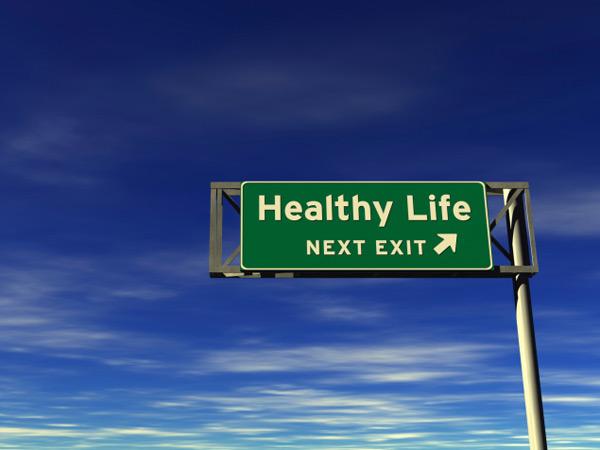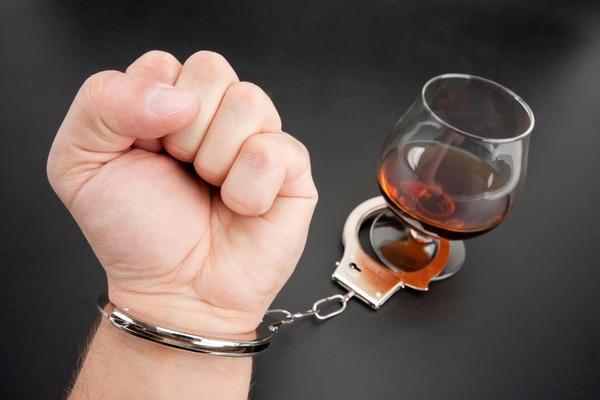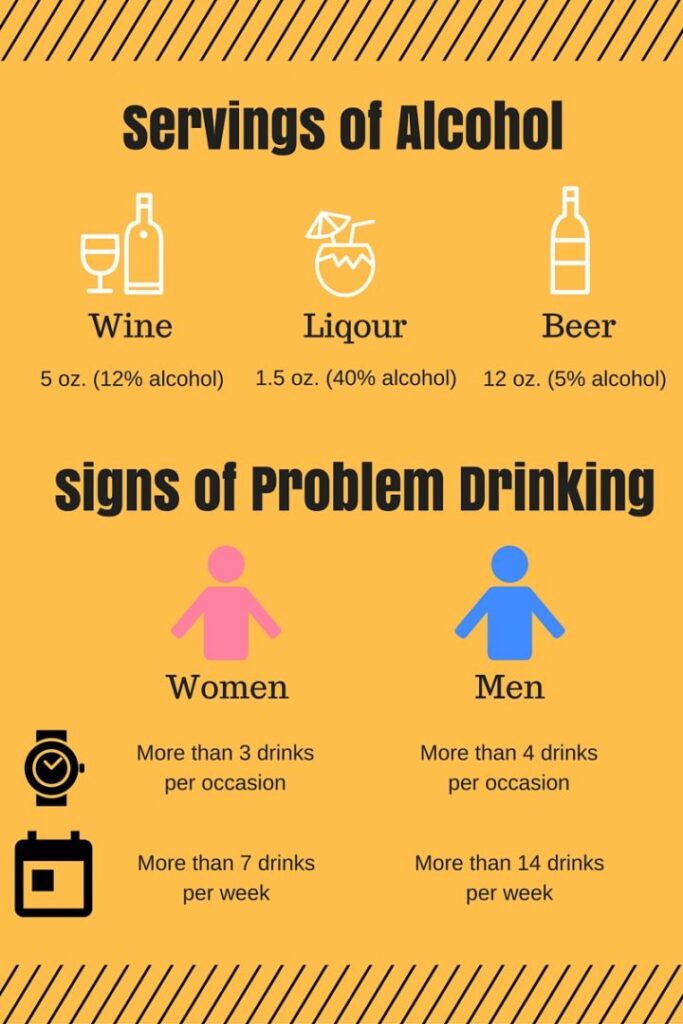“Rock bottom became the solid foundation on which I rebuilt my life.” – J.K. Rowling
In the past two years, the death tolls from opiate overdoses alone have increased over 400%, bypassing auto accidents in the United States for the cause of death. Another estimated 18 million Americans suffer from an alcohol use disorder every day. These hard truths show how important it is to understand the warning signs so you can help yourself and those close to you. The first step is recognizing it’s gone too far.
What is Addiction
Addiction is a disease, and should be treated as one. If this disease goes untreated, it can cause death. Substances can take control of the brain, making rational people do irrational things in order to feed their addiction. Addicts take the risk of overdosing every time they use. In addition to the fact that if the body becomes dependent on a substance, withdrawals can be just as deadly, depending on the substance. Withdrawals from alcohol, one of the most widely used substances, can lead to seizures, irreparable damage to the body and death.
Although alcohol can be considered an integrated component of American culture, many Americans are shocked by what is actually considered a serving of alcohol. Serving sizes can even vary depending on sex. In addition, one does not need to be a daily drinker/user to be an alcoholic or risky drinker that can do damage to their health and life. Because of these common misconceptions about problem drinking and addiction, it’s important to recognize the signs of alcohol withdrawal and seek emergency help immediately, before it’s too late. If you suspect someone has an alcohol problem or is having issues with withdrawal, they should be evaluated. Symptoms of alcohol withdrawal that require medical attention are:
- Racing heart
- an increase in blood pressure
- seizure
- clamminess
- anxiety
- insomnia
- nausea
- abdominal pain
- shakes
- headaches
Warning Signs
There are many reasons why someone might start using – stress relief, impulsive behavior, a way to socially connect, or a way to disconnect. Some of the less obvious signs are bloodshot eyes, changes in sleep patterns and sudden weight loss or weight gain. However, one of the most damaging indications someone has become addicted is when they start to neglect important responsibilities in their life such as their work, family and their physical well-being. Use of harmful substances can have a ripple effect, hurting not only the user but anything that touches them.
Getting Better
1.) Get evaluated and seek treatment.
Pursue professional help to be assessed and gain some insight into what services are available and appropriate for your particular issue. This is an important first step because a professional will help you evaluate if you have a problem with use, give you the proper referrals or connect you to the services to help you to be successful in your desire to live a healthier lifestyle. You can learn about how you can start recovery by utilizing local resources. Cristo Rey offers addiction counseling to those who qualify through Mid-State Health Network (MSHN) funding. Other helpful local resources include Alcoholics Anonymous, Families Against Narcotics, Project Vox, and more here. Most importantly, if you feel you or someone close to you is in need of medical attention due to signs of overdose or withdrawal, don’t hesitate to call 911 immediately or go to the nearest emergency room.
2.) Remind yourself what is important in your life.
What do you hold dearest? How do you want relationships to grow moving forward? How will you achieve these goals if you are addicted? Consider the possibility that addiction could take these treasures away from you.
3.) Work on building a foundation of support through positive relationships.
These networks keep you on track and hold you responsible for your actions. They can also guide you through tough times when you might want to give up. Support can be found in recovery groups, peer recovery coaches, friends, or sponsors.
4.) Know your weaknesses.
If certain circumstances will make you more likely to use a substance, take a preventative measure to avoid those situations. Perhaps you find yourself more likely to drink in social settings. Therefore, consider limiting the amount of parties you attend or attend parties with a non-drinking friend so you can leave if you get uncomfortable. Also, have an exit plan if you do need to attend an event that serves alcohol.
5.) Keep your mind focused on other things.
Finally, addiction can consume your thoughts 24/7, so give your mind something else to think about. Exercise your brain with crosswords and puzzles, or start a project. Projects give you something to critically about and a chance to even develop a new passion!



